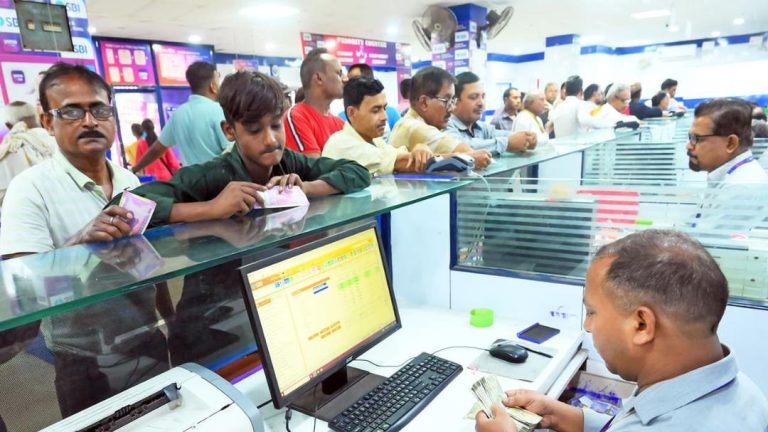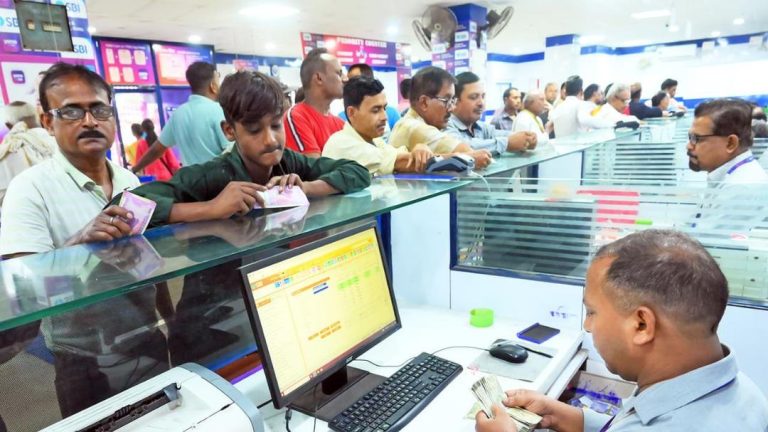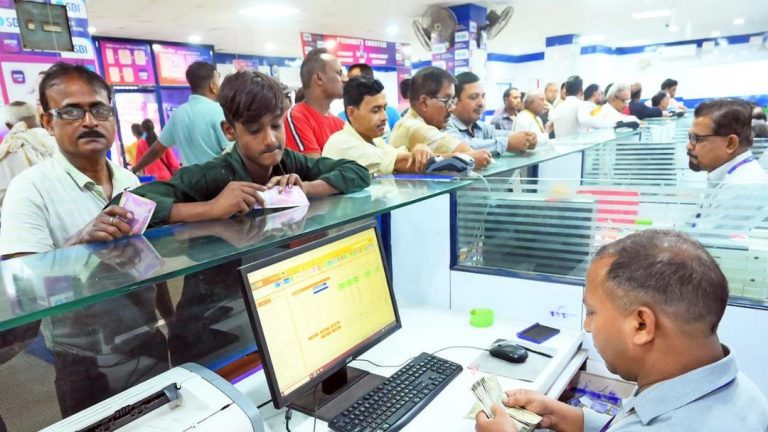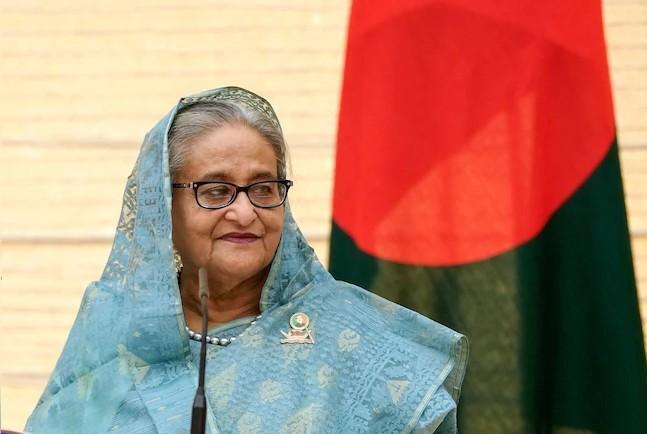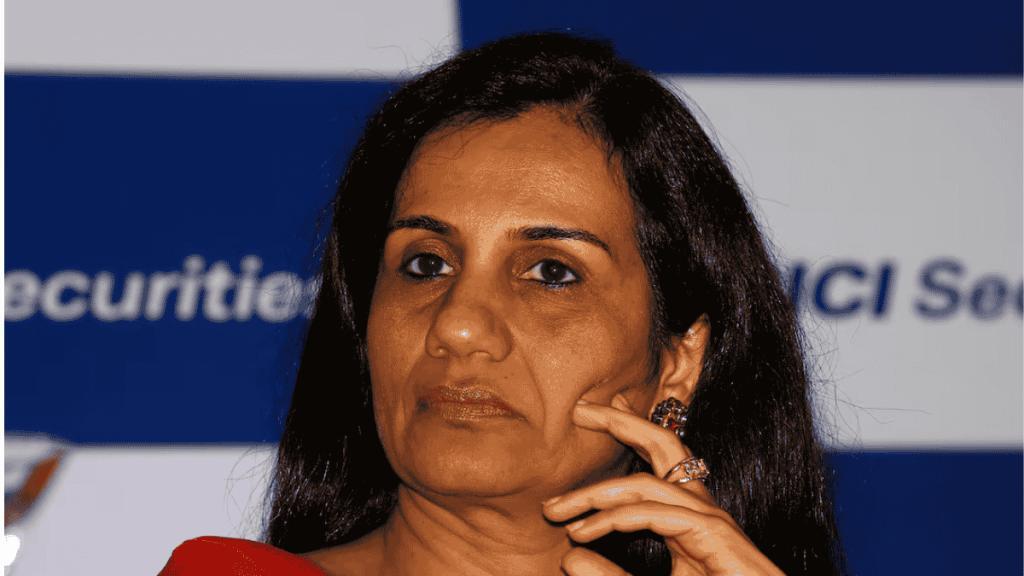
Ex-ICICI Bank CEO Kochhar Found Guilty of Taking ₹64-cr Bribe in Videocon Loan Case
The spotlight has once again fallen on the questionable dealings of India’s corporate elite, with a recent judgment finding former ICICI Bank CEO Chanda Kochhar guilty of accepting a massive bribe in exchange for sanctioning a loan to the Videocon Group. The scandal has left many wondering about the accountability of top executives in India’s banking sector.
According to a report by The Times of India, the Appellate Tribunal for Maharashtra Real Estate Regulatory Authority (MahaRERA) has found Chanda Kochhar guilty of receiving a bribe of ₹64 crore from Videocon Group through her husband, Deepak Kochhar. The bribe was allegedly paid in exchange for ICICI Bank’s approval of a loan worth ₹300 crore to Videocon.
The bribe was reportedly routed through Videocon’s firm, SEPL, to NRPL, which is managed by Deepak Kochhar. The tribunal’s judgment has sent shockwaves through the financial sector, with many calling for Chanda Kochhar to face the consequences of her actions.
The Videocon loan case has been a subject of intense scrutiny since its inception. In 2019, ICICI Bank had initiated an internal probe into the matter, which led to Chanda Kochhar’s suspension. However, the probe was later shut down by the bank’s board, citing lack of evidence.
The tribunal’s judgment is a significant development, as it has finally brought some accountability to the case. The panel has held Chanda Kochhar guilty of “quid pro quo” in the loan sanctioning process, which is a serious offense.
The scandal has also raised questions about the role of ICICI Bank’s board in the matter. Critics have pointed out that the board failed to take adequate action against Chanda Kochhar despite receiving reports of her husband’s involvement in the bribe.
The Videocon loan case is not an isolated incident. It is part of a larger pattern of corruption and cronyism that has plagued India’s corporate sector. The country has seen numerous cases of corporate fraud and malfeasance in recent years, with many high-profile executives facing charges.
The government has taken steps to address the issue, including the introduction of stricter regulations and increased penalties for corporate fraud. However, more needs to be done to ensure that top executives are held accountable for their actions.
The judgment against Chanda Kochhar is a significant step in the right direction. It sends a strong message that those who engage in corrupt practices will be held accountable, regardless of their position or influence.
However, the case also highlights the need for greater transparency and accountability in India’s corporate sector. The government and regulators must work together to ensure that companies are held to high standards of ethics and integrity.
The Videocon loan case is a reminder that corruption is a serious issue that can have far-reaching consequences. It is essential that we take a zero-tolerance approach to corruption and hold those responsible accountable.
Sources:
